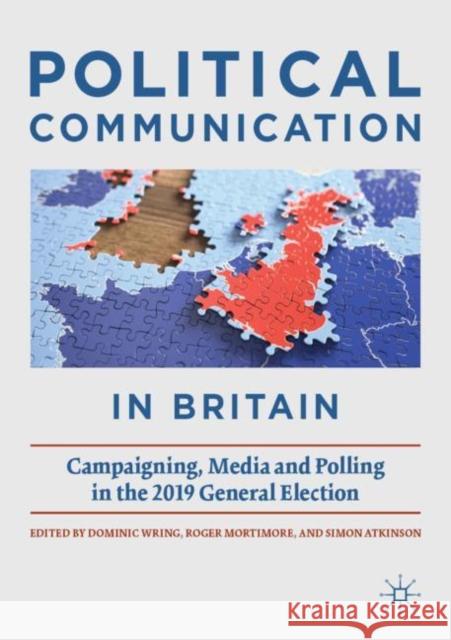Political Communication in Britain: Campaigning, Media and Polling in the 2019 General Election » książka
topmenu
Political Communication in Britain: Campaigning, Media and Polling in the 2019 General Election
ISBN-13: 9783030814052 / Angielski / Miękka / 2021 / 340 str.
Kategorie BISAC:
Wydawca:
Springer Nature Switzerland AG
Język:
Angielski
ISBN-13:
9783030814052
Rok wydania:
2021
Wydanie:
2022
Ilość stron:
340
Waga:
0.45 kg
Wymiary:
21.01 x 14.81 x 1.98
Oprawa:
Miękka
Wolumenów:
01
Dodatkowe informacje:
Wydanie ilustrowane











